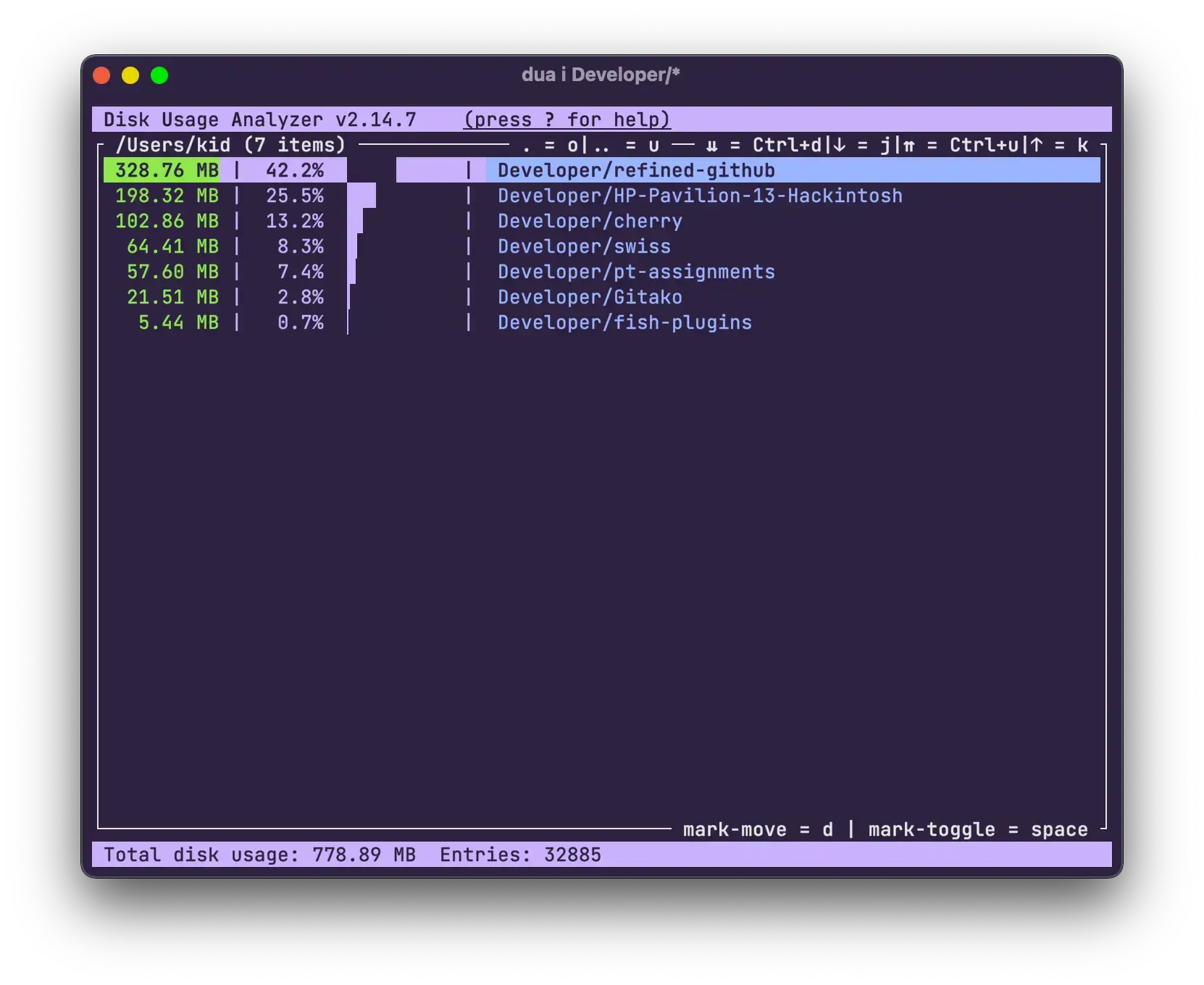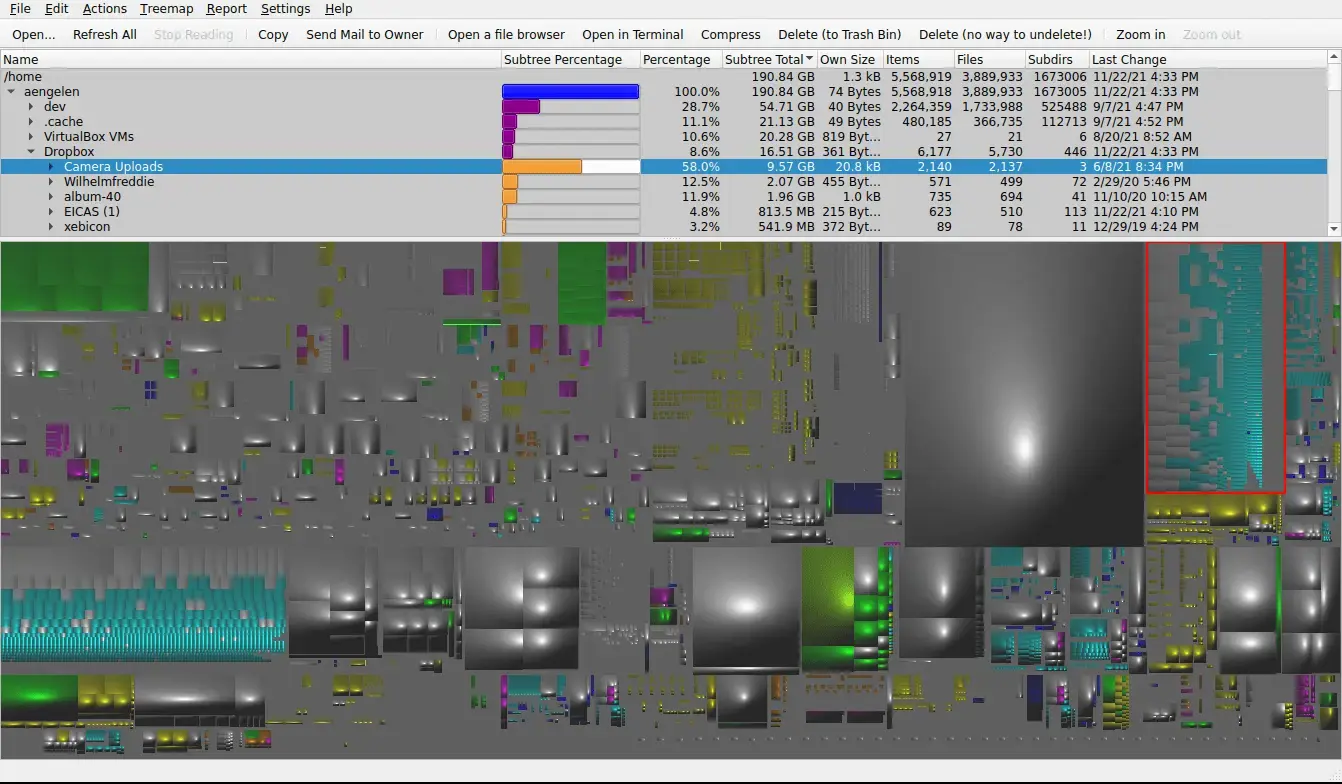

Ive been using zsh for most of my linux time cause it is trendy.
Im actually planning a move to bash. All else being equal, i prefer gpl-style to mit-style. (Tried fish didnt like it.)
Dyk the “monopoly man” illustration was created by the grandparent of the original developer of bash? And was uncredited by the company who owns Monopoly until a relative publicized this recently.




Lol the hastag in the video “#equalrightsforallrefugees”. Like i dont think anyone is worried about the discrepency of rights among refugees.
Looks like some people trying to hussle funding for themselves.